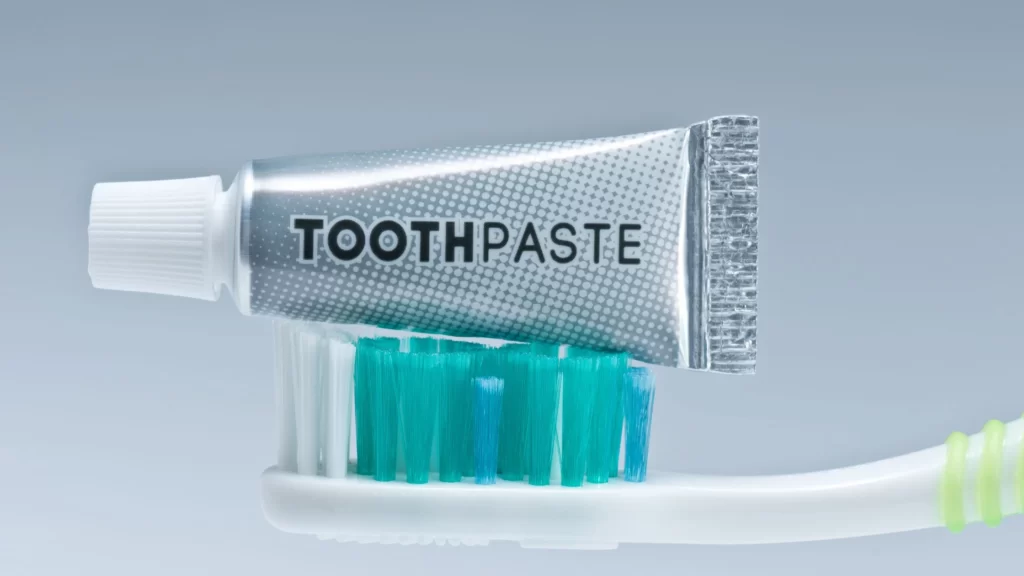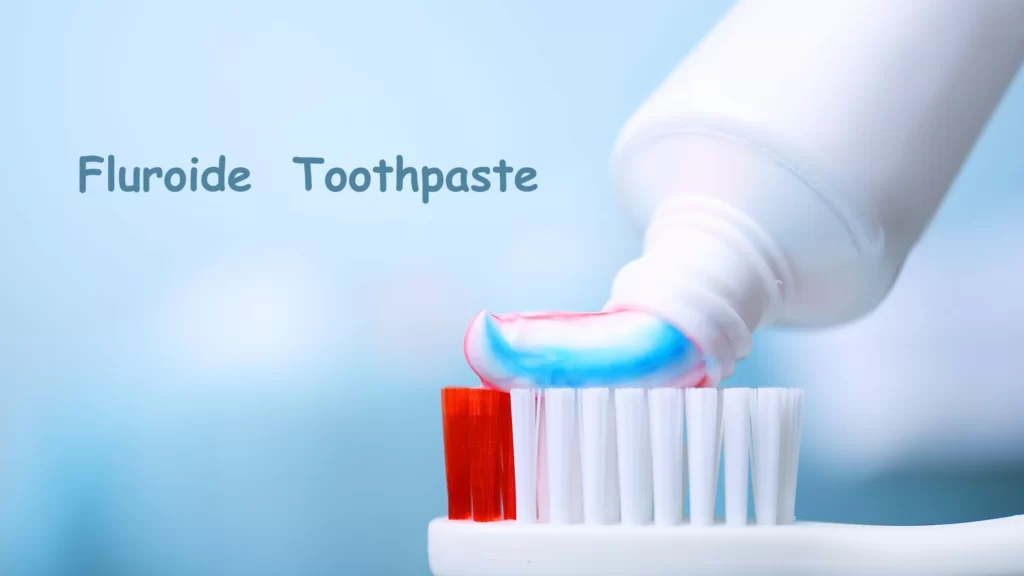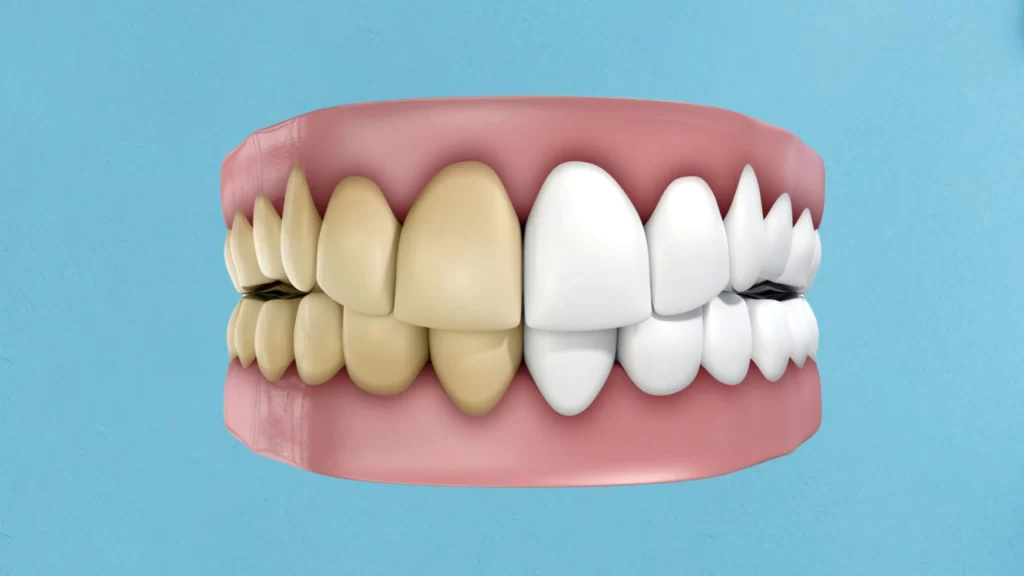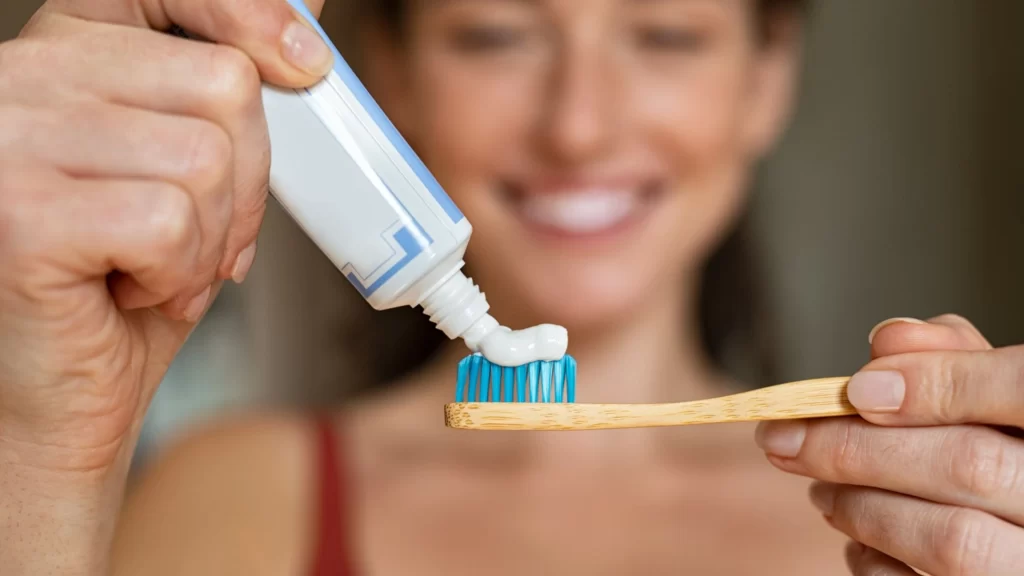Do you remember the last time a popular commercial popped up on your television screen, asking you if there’s salt in your toothpaste? Or maybe a popular toothpaste brand promising you whiter teeth miraculously in some weeks? And then, without giving much thought, you probably found yourself buying that toothpaste for your family, assured by any marketing gimmick that is advertised along the way. Imagine something as simple as toothpaste, which has almost become indispensable in our lives currently and yet how much of a thought do we actually give to these little details in our life? The whole idea of if toothpastes do more harm than good might seem baffling at first but we need to understand several things before coming to a conclusion.

So the first & foremost thing we need to understand here is that toothpaste has more of a cosmetic purpose than medical purpose. It is supposedly used to clean our teeth & prevent the occurrence of plaque, cavity, tartar & other gum related issues. But what exactly goes inside the contents of a toothpaste and how effective is it to combat dental health problems in the long run? The most common & popular ingredient that goes inside a toothpaste is fluoride. Fluoride has been known to improve the strength of teeth but dentists would suggest that it itself doesn’t do anything to make the teeth cleaner. Some might opt for herbal ingredients like salt, baking soda and coconut oil as a substitute to fluoride based toothpastes. However, studies suggest that in any case, fluoride additives do more good than harm, or at least that’s what the studies show.

Another ingredient that has become highly popular in recent years is the use of hydrated silica in toothpastes. Now, what this claims to do is that it makes your teeth seem whiter. However, there’s a trick here. Under the claim of whitening your teeth, what it does is it has the potential to harm the enamel. And in terms of effectiveness in terms of whitening your teeth, the effect is far less than a proper dental cleanup at the dentist. But, it’s a big NO NO when it comes to using it in the long run for WHITER TEETH!

When it comes to making toothpaste for sensitive teeth, the most powerful ingredient that goes into it is potassium nitrate or stannous fluoride. However, once again its effectiveness is debatable. Studies suggest that the effect it does in healing the pain is only palliative when pain or sensitivity is the main problem. So, there again we understand that toothpaste alone cannot solve all your dental health problems. But the big question here is not if toothpastes are problematic as we have discussed above. The effectiveness of toothpastes actually lies in how we use them. Here, we must remember certain things about toothpastes.
● Using the right amount of toothpaste- Despite popular commercials eluding you to use more and more toothpastes in order to sell their product faster, technically using only 1/3rd amount in proportion to your toothbrush is more than enough.

● Frequency & technique of brushing- It is believed by people in the medical fraternity to brush one’s teeth at least twice in a day. Moreover, one must be using moderate pressure ensuring that all areas of the oral region get maximum cleaning.
● Implementing Dry Brushing Techniques -Studies now show that it’s not always necessary to use toothpaste to brush your teeth. On the contrary, using a soft toothbrush at a more or less 45 degree angle aiming towards the gum line and using minimum pressure is more effective than wet brushing. So, one must remember that there’s no single answer as to whether toothpastes are good or bad for your dental health. In the opinion of a senior oncologist of V Care Cancer Centre, Dr. Vikash Kumar Agarwal, one must be mindful when it comes to consumption of any item including toothpastes. Toothpastes are good only if one checks the ingredients that go into making it. And the key is to not blindly trust products that are marketed without verifying its authenticity.
Liked the Blog ?
Give us a follow on our Socials


